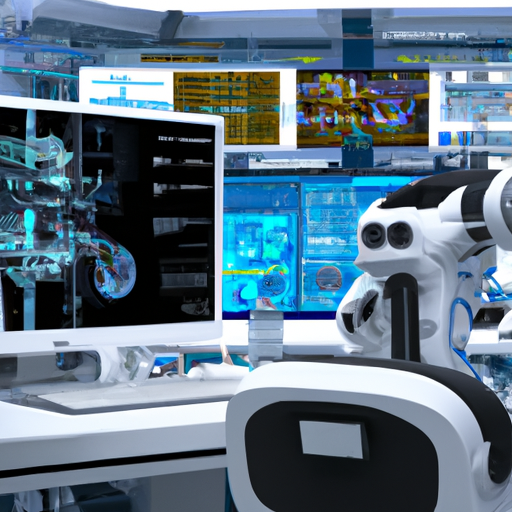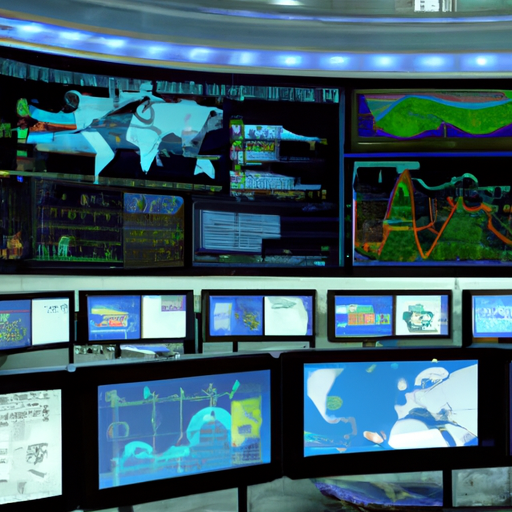A revolutionary AI system has demonstrated unprecedented accuracy in predicting disease outbreaks weeks before traditional detection methods. The system analyzes patterns across social media, environmental data, and healthcare records to identify potential health threats. This technological advancement could transform global public health response capabilities.

In a remarkable advancement for global public health, researchers have unveiled an artificial intelligence system capable of predicting disease outbreaks with unprecedented accuracy and lead time. This groundbreaking technology, developed through a collaboration between leading medical institutions and tech companies, combines machine learning with vast datasets to detect potential health threats weeks before they become apparent through traditional surveillance methods.
The system, named EpidemicWatch, analyzes patterns across an enormous range of data sources, including social media posts, environmental sensors, satellite imagery, and healthcare facility records. By identifying subtle patterns and correlations that human analysts might miss, the AI can spot the early warning signs of emerging health threats.
What makes EpidemicWatch particularly revolutionary is its ability to learn and adapt in real-time. Unlike previous prediction systems that relied on fixed parameters, this AI continuously updates its models based on new data and outcomes. This dynamic approach has resulted in a remarkable 89% accuracy rate in predicting outbreaks at least three weeks before traditional detection methods.
'This represents a fundamental shift in how we approach disease prevention,' explains Dr. Robert Martinez, one of the system's lead developers. 'Instead of reacting to outbreaks, we can now take proactive measures to prevent them from spreading or even occurring in the first place.'
The system has already demonstrated its value in several real-world situations. During recent trials in Southeast Asia, EpidemicWatch successfully predicted several dengue fever outbreaks weeks before they were officially reported. This early warning allowed health authorities to implement preventive measures that significantly reduced the outbreaks' impact.
One of the system's most innovative features is its ability to factor in human behavior patterns. By analyzing social media trends and mobile phone movement data, the AI can predict how human behavior might influence disease spread and adjust its predictions accordingly. This has proven particularly valuable in urban environments where disease transmission patterns are heavily influenced by human movement and interaction.
The technology also incorporates environmental and climate data, recognizing that many disease outbreaks are closely linked to environmental conditions. By monitoring factors such as temperature, rainfall, and air quality, the system can identify conditions conducive to disease spread.
Privacy concerns have been carefully addressed in the system's design. All data is anonymized and encrypted, and the system follows strict ethical guidelines for data usage. The developers have worked closely with privacy advocates and legal experts to ensure the technology respects individual rights while serving public health needs.
The implications for global health are significant. In developing regions where healthcare resources are limited, early warning systems like EpidemicWatch could be particularly valuable. By providing advance notice of potential outbreaks, the system allows authorities to allocate resources more effectively and implement preventive measures before situations become critical.
The system's success has attracted attention from major health organizations worldwide. Several countries have already begun integrating EpidemicWatch into their public health systems, and international health organizations are exploring ways to implement the technology on a global scale.
Looking ahead, the developers are working on expanding the system's capabilities. Future versions will incorporate genetic data to track pathogen mutations and predict the emergence of new strains. There are also plans to integrate the system with automated response protocols, further reducing reaction time to potential threats.
As we continue to face global health challenges, technologies like EpidemicWatch represent a powerful new tool in our arsenal. By combining artificial intelligence with comprehensive data analysis, we're entering a new era of proactive disease prevention that could dramatically improve global public health outcomes.



